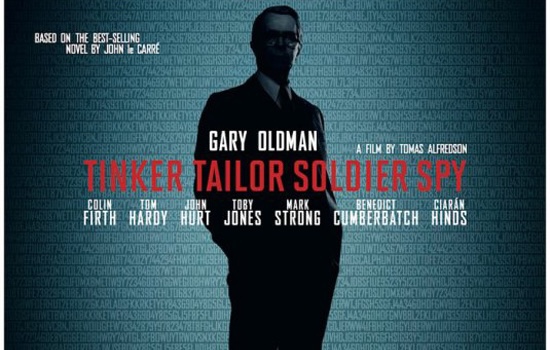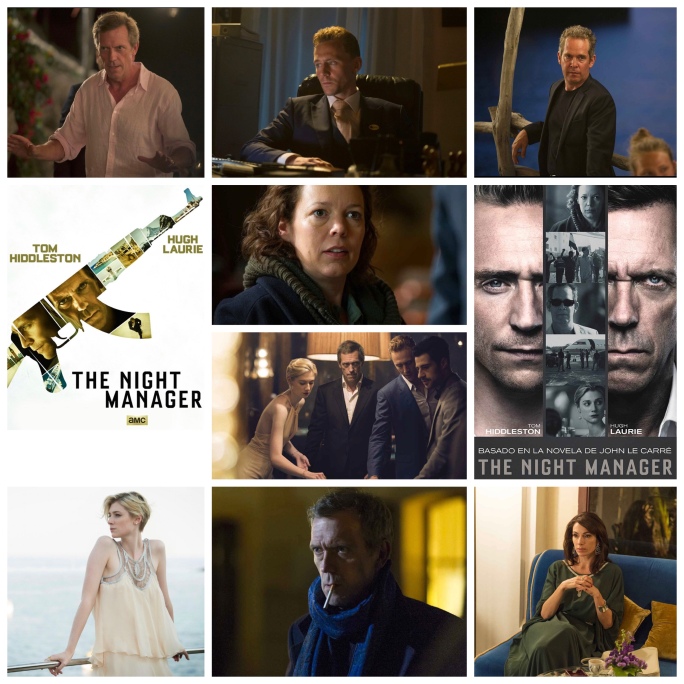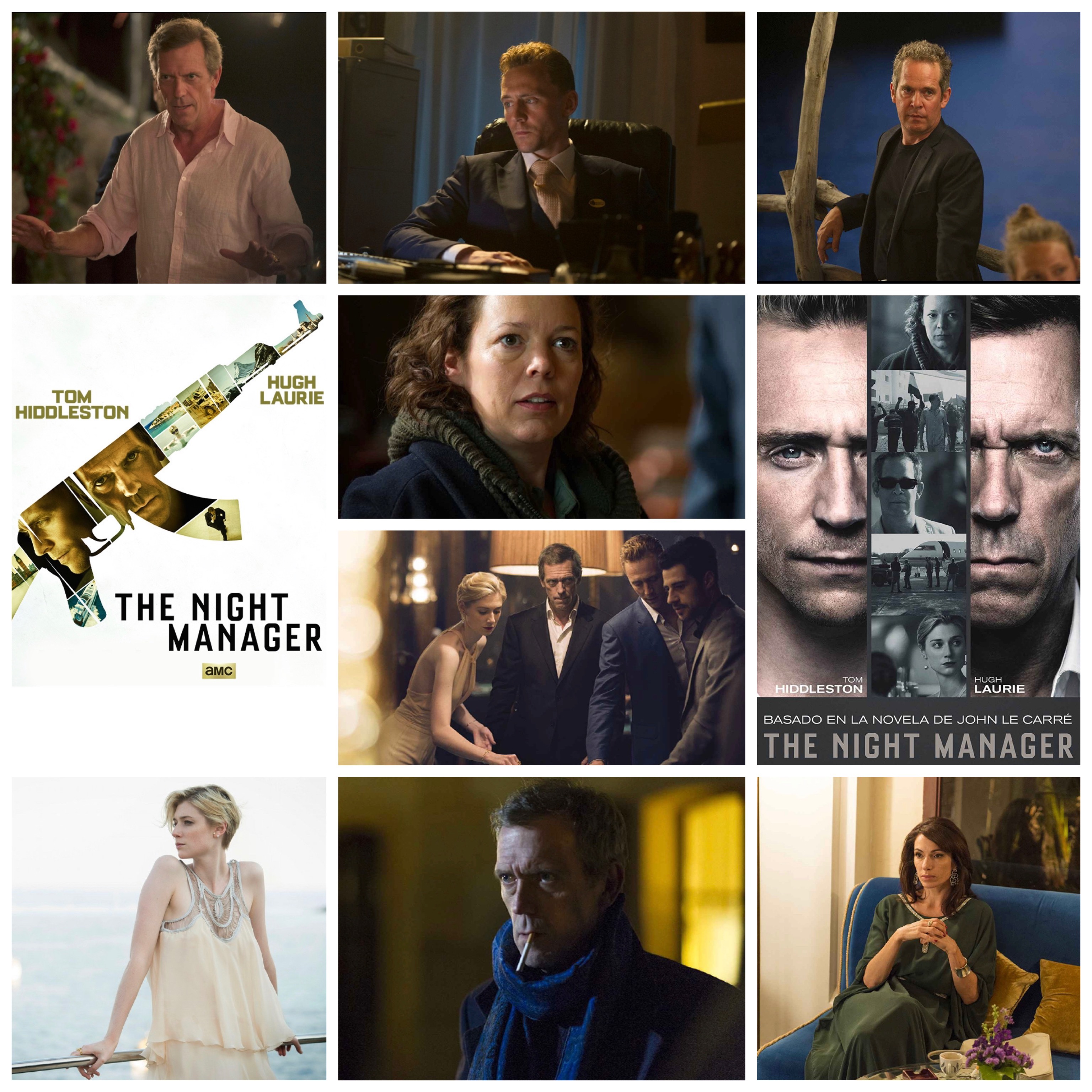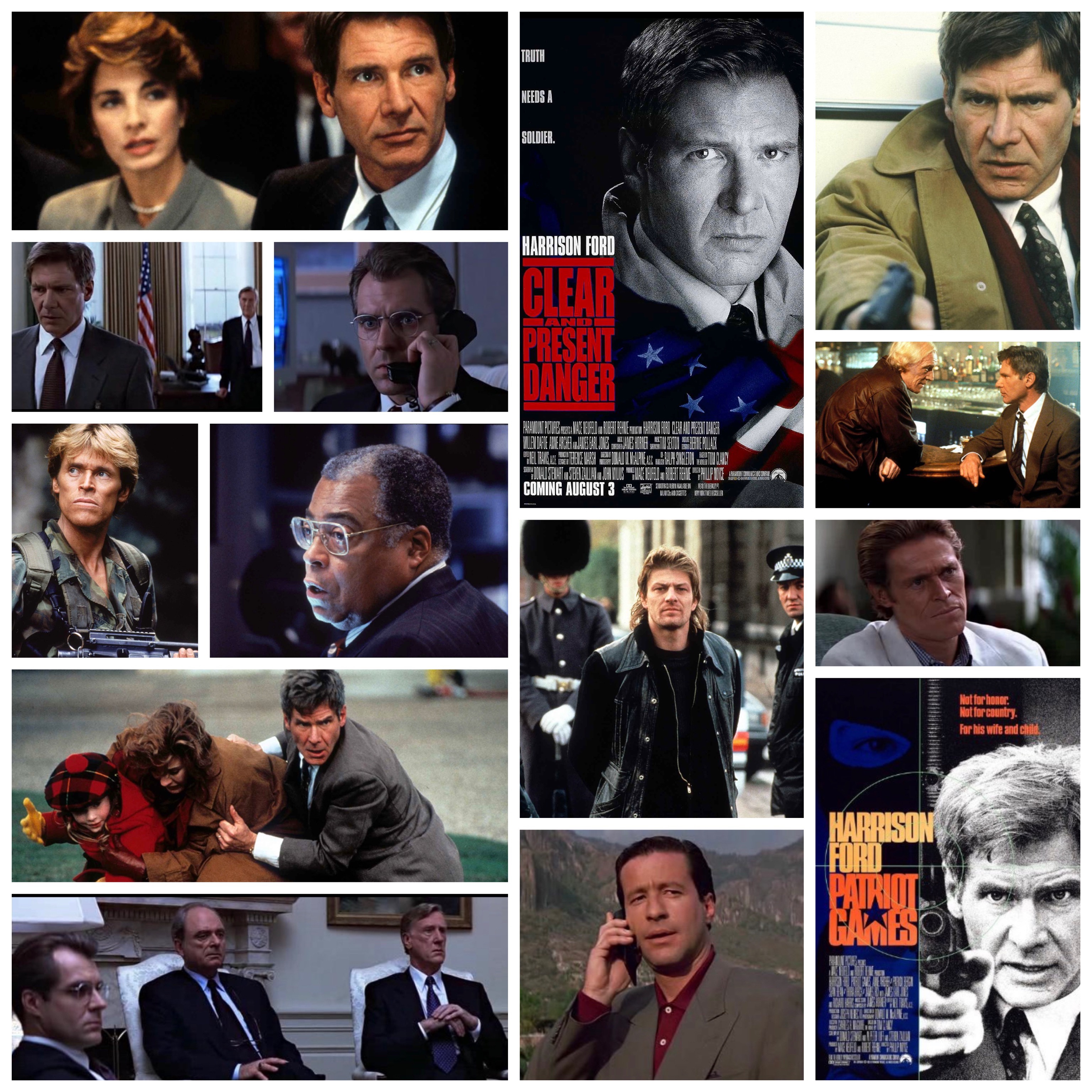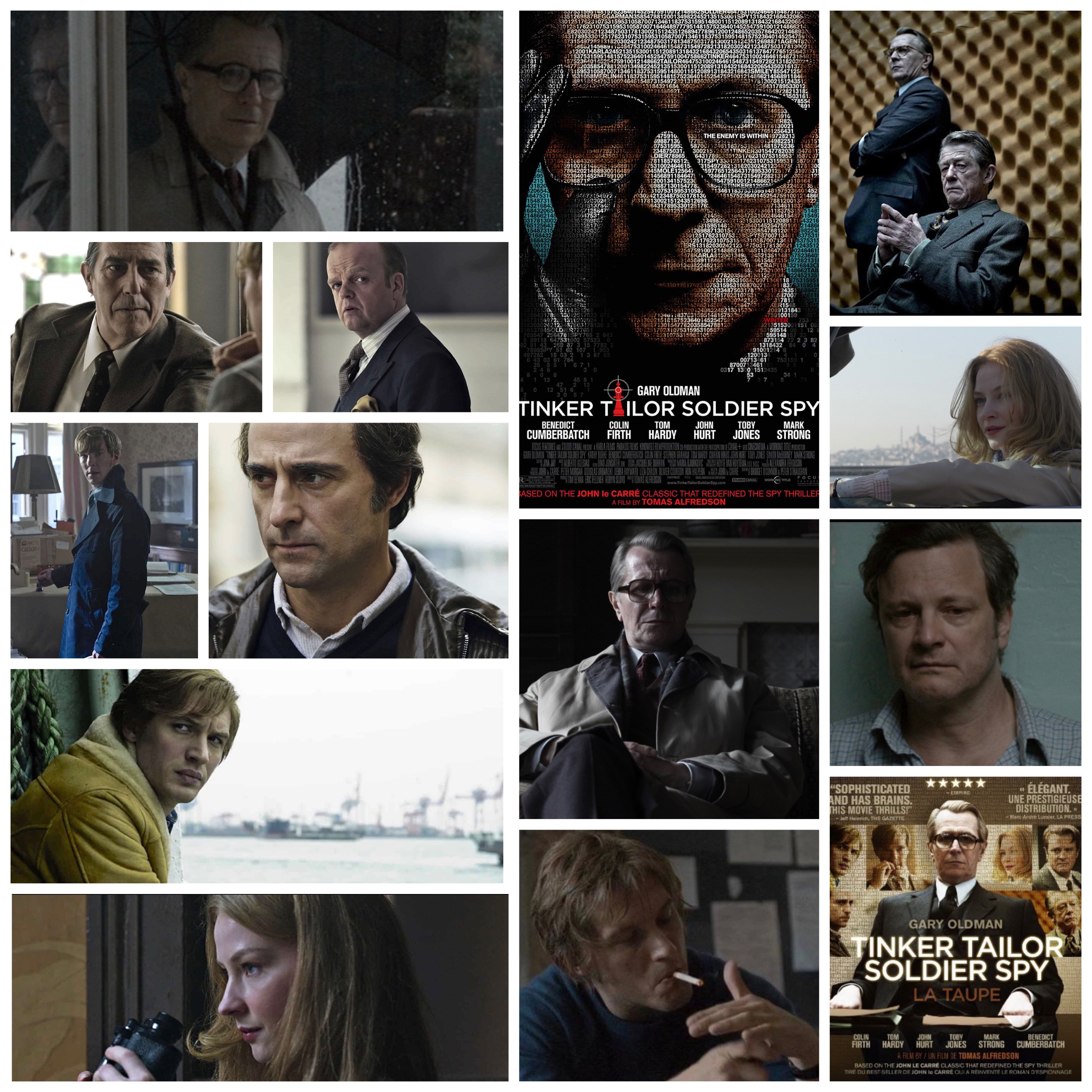
The first time I saw Tomas Alfredson’s Tinker Tailor Soldier Spy (when it first came out) it was lost on me, I felt detached from it, unable to connect and, dare I say, bored. That’s what revisits are for though and the second time I found rich psychological detail, achingly beautiful character relationships, beautifully burnished cinematography and one tantalizing Rubik’s cube of a narrative that, yes, is still tough for me to comprehensively understand but is rich in treasures of emotional depth, poetic tragedy and minuscule splashes of darkest humour amongst the sardonic helpings of dry espionage. Gary Oldman is sly and terrific in a study of low key tenacity as George Smiley, a veteran MI6 bigwig tasked by twitchy Mission Control (John Hurt, brilliant as ever) to find a decades long Soviet mole amidst their ranks. It could be one of a few higher ups, played by the prolific likes of Ciaran Hinds, Colin Firth, Toby Jones, David Dencik and others. It proves to be quite the hurdle as this traitor has burrowed himself so deeply within their ranks that he himself is perhaps confused what side he belongs to anymore. Smiley uses a rookie field operative (Benedict Cumberbatch, excellent) to sniff around and is carefully watched by a regional honcho played by Simon McBurney, a very unsettling little fellow who can turn the simple act of buttering dry toast into a devilish interrogation tactic and is the last dude you want to be ‘carefully watched’ by. The great Mark Strong has a wonderful extended bit as a long burned out former operative with deep ties to MI6 and a haunted past, his arc is very special here. My favourite aspect of the film has to be Tom Hardy as a double agent who falls hard for a mysterious Russian girl (Svetlana Khodvhenkova) he’s surveilling. He’s the perfectly tragic example of a hopeless romantic who discovers he’s gravely in the wrong line of work and wants out before it’s too late. All of these characters move about greyest London and other parts of Europe like chess pieces, and indeed the metaphor becomes literal when Hurt’s Control uses an actual chessboard to illustrate to Smiley just who he’s dealing with and how formidable each potential opponent might just be. The film is grey, drab, washed out, lived in and wearily opaque to evoke a paranoid, sad postwar setting but despite the inherent gloom drenching everything I found the aesthetic to be quite strikingly beautiful. Same goes for the themes and emotional content: these opaque characters hold their emotions close to the chest and as such appear icy, ambiguous and heartless yet it’s beneath that the we see their humanity, not in dialogue or direct action but in glances, quiet moments, slow revelations and half noticed interactions between words. Oldman, Strong, Firth and Hardy are the four standouts in an impossibly well tailored cast of deep cut talents, they’re the four legs of the table to watch for in order to ascertain the strange elixir of this film’s essence and get the most of it. Just don’t expect to absorb everything the first time round, this is a deeply layered, multifaceted, strange beast of a film that likely takes many viewings (this was only my second) to fully settle in. See if you can catch references to everything from John Carpenter’s The Thing to 007 to the Coen Brothers to even the bible while also soaking up the pure class and originality it possesses all its own. Great film.
-Nate Hill
